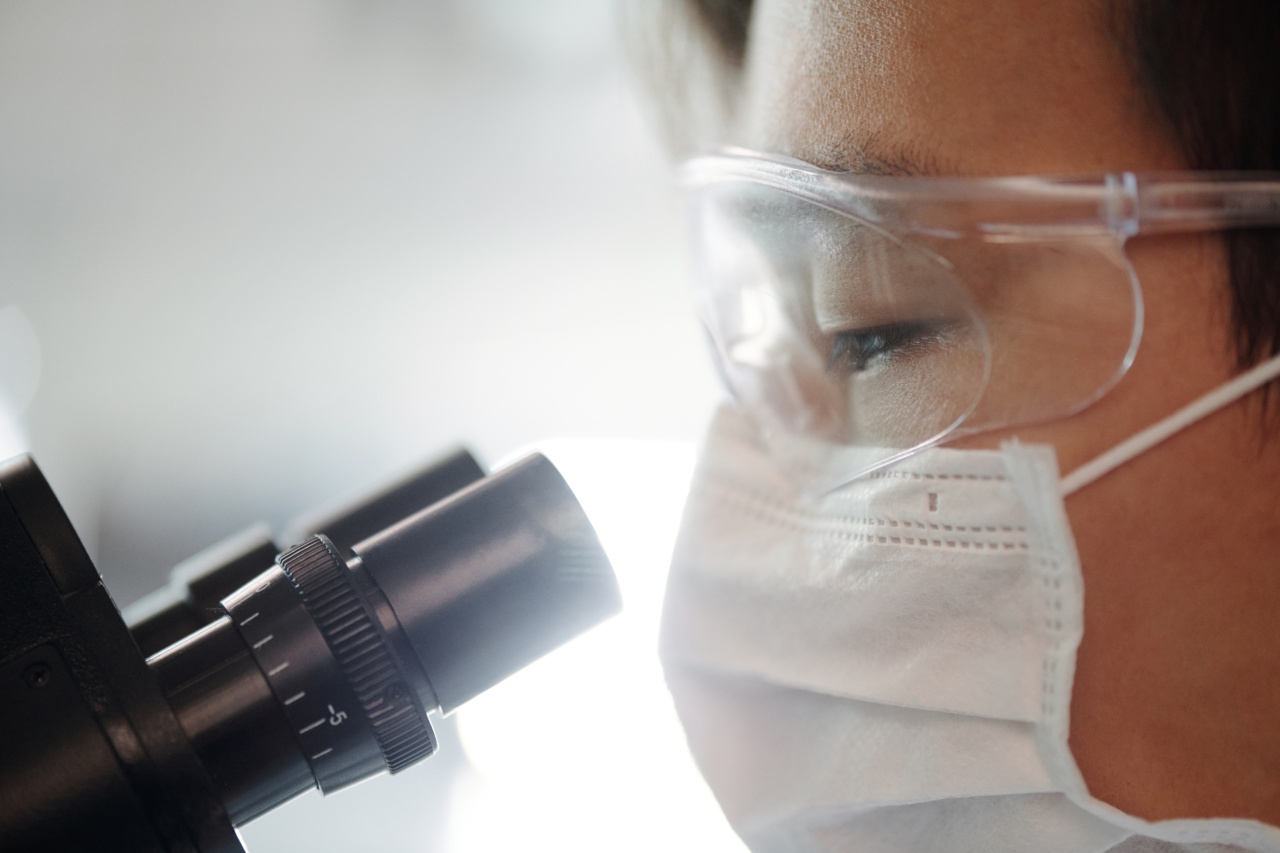High blood pressure, also known as hypertension, is a common condition that affects millions of people around the world.
It happens when the force of blood against the walls of your arteries is too high, putting a strain on your heart and circulatory system. If left untreated, high blood pressure can lead to serious health problems like stroke, heart disease, and kidney failure.
While there are many medications available to treat high blood pressure, they often come with unwanted side effects. That’s why more and more people are turning to natural methods to manage their blood pressure.
In this article, we will explore the science behind lowering your blood pressure naturally.
Exercise
Regular exercise is one of the most effective ways to lower your blood pressure naturally. This is because when you exercise, your heart gets stronger, allowing it to pump blood more efficiently.
Additionally, exercise can help to reduce the stiffness of your arteries, which can also contribute to high blood pressure.
Experts recommend that adults engage in at least 150 minutes of moderate-intensity aerobic exercise each week. This can include activities like walking, cycling, swimming, or dancing.
If you have high blood pressure, it’s important to talk to your doctor before starting any exercise program.
Dietary Changes
The food you eat can have a big impact on your blood pressure. In particular, reducing your intake of sodium (salt) can help to lower your blood pressure.
This is because salt causes your body to retain water, which can increase your blood volume and raise your blood pressure. Experts recommend that adults consume no more than 2,300 milligrams of sodium per day. If you have high blood pressure, you may need to limit your sodium intake to 1,500 milligrams per day.
In addition to reducing your sodium intake, you can also lower your blood pressure by increasing your intake of potassium. This mineral is important for helping your body to balance fluids and regulate your heart rhythm.
Good dietary sources of potassium include bananas, sweet potatoes, spinach, and avocado.
Stress Reduction
Chronic stress can have a negative impact on your blood pressure. When you’re stressed, your body releases hormones like adrenaline and cortisol, which can cause your heart rate and blood pressure to go up.
Additionally, stress can lead to unhealthy habits like overeating, smoking, and drinking, which can also contribute to high blood pressure.
To reduce your stress levels, try incorporating relaxation techniques like deep breathing, meditation, or yoga into your daily routine.
Additionally, regular exercise, spending time in nature, and connecting with loved ones can also help to lower your stress levels.
Weight Management
Being overweight or obese can increase your risk of developing high blood pressure. This is because carrying extra weight can put a strain on your heart and circulatory system. Losing weight, even just a few pounds, can help to lower your blood pressure.
The best way to lose weight is to make sustainable lifestyle changes, like eating a healthy diet and getting regular exercise. Avoid crash diets or extreme exercise programs, as these can be harmful to your health.
Sleep
Getting enough sleep is crucial for maintaining healthy blood pressure levels. When you don’t get enough sleep, your body produces more stress hormones, which can raise your blood pressure.
Additionally, lack of sleep can lead to unhealthy habits like overeating and not getting enough exercise, which can also contribute to high blood pressure.
Experts recommend that adults aim for 7-9 hours of sleep per night. Try to establish a regular sleep routine by going to bed and waking up at the same time every day.
If you have trouble sleeping, talk to your doctor about strategies for improving your sleep habits.
Avoiding Alcohol and Caffeine
Drinking alcohol and caffeine can both contribute to high blood pressure. While moderate amounts of caffeine (less than 400 milligrams per day) are generally safe for most adults, excessive caffeine consumption can raise your blood pressure.
Likewise, drinking more than one or two alcoholic drinks per day can also contribute to high blood pressure.
If you’re looking to lower your blood pressure naturally, consider cutting back on your consumption of caffeine and alcohol. Instead, try drinking water, herbal tea, or other low-sugar beverages.
Supplements
While there is no magic pill or supplement that can cure high blood pressure, there are some supplements that may be helpful for managing your blood pressure levels. Some of the most promising supplements include:.
- Garlic
- Omega-3 fatty acids
- Potassium
- Magnesium
- Coenzyme Q10
Before taking any supplements, it’s important to talk to your doctor to make sure they are safe for you to take and won’t interfere with any medications you are currently taking.
Conclusion
Lowering your blood pressure naturally is possible by making simple lifestyle changes like exercising regularly, eating a healthy diet, reducing stress, managing your weight, getting enough sleep, and avoiding alcohol and caffeine.
While these methods may not be as fast-acting as medication, they are generally safe and effective for managing blood pressure in the long term.































